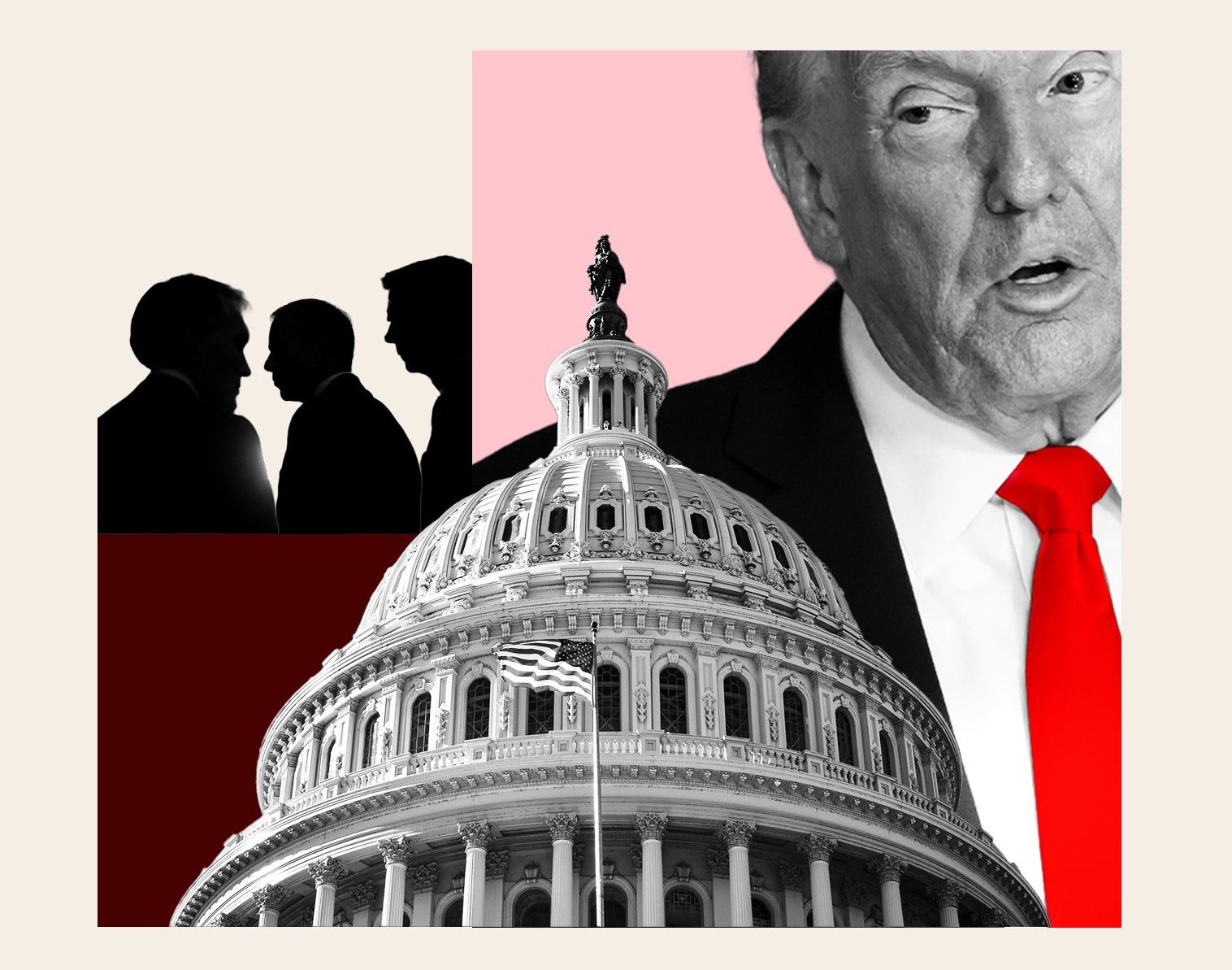Taiwan Must Be Realistic in the Face of Extended U.S. China Competition
Since the U.S. launched a trade and technology war with China in 2018, it has comprehensively suppressed China’s exports and technological development by raising tariffs, and imposing export controls and sanctions. However, in the face of this trade war, China has continued to expand its exports around the world. In the face of the technology war, China has concentrated national efforts on becoming technologically self-reliant.
Confronting a second Trump term and a global trade war that primarily targets China, China has begun to engage in a “war of strangulation” with the U.S. by using export regulations on rare earth elements as an economic weapon 10 times more formidable against U.S. tariffs. And indeed, the Trump administration had no choice but to compromise and back down, resulting in the U.S.-China trade war truce reached in Busan.
However, the U.S.-China truce is actually a shift into extending the competition. The main strategy behind the U.S.-China relationship depends on the focus of the era. If Trump can visit China in the first half of next year, it might be the moment to settle the score. One possibility is that both sides reach an “interim agreement” that continues the trade war truce for some time. Another possibility is that the two countries form a “long-term framework for competition without confrontation” that establishes the rules for extended competition between the U.S. and China.
Moreover, the shift in military balance this year between the U.S. and China is no less important than the trade war. U.S. national defense strategy might be shifting toward homeland defense, and U.S. allies are worried about America’s security commitments. Meanwhile, China’s military parade on Sept. 3 displayed the military might of a great nation. The recent commissioning of the aircraft carrier Fujian marks the beginning of an era in which China has three aircraft carriers and satellite images of a fourth, possibly nuclear powered, have become the focus of media speculation.
America’s strategic contraction and the beginning of extended U.S.-China competition have structurally affected the situation in Asia, where countries are busily trying to set up a new balance framework and an ultimate security mechanism. Southeast Asian countries facing Trump’s tariffs are following the model of South Korea and Japan: accepting high tariffs while proposing plans to invest in the U.S. On the other hand, they welcomed the signing of the ASEAN-China Free Trade Agreement 3.0, which provides an Asian model for global and regional cooperation.
In Northeast Asia, confronted with the shift in military balance between the U.S. and China and North Korea’s nuclear threat, South Korean President Lee Jae Myung requested nuclear submarines from Trump, and Japanese Minister of Defense Shinjiro Koizumi announced the possibility that Japan will discuss developing nuclear submarines with the U.S. Sanae Takaichi asserted that should something happen in Taiwan, Japan would exercise its right to engage in collective self-defense. Aside from populist influence and an emboldened approach, this was Takaichi’s attempt to salvage U.S.-Japan security deterrence in the region. Will it still work, though?
Faced with shifts in power between the U.S. and China and in Southeast Asia, how should Taiwan respond? First, Taiwan must be realistic in this moment. When Trump uses “G2” to describe the U.S.-China relationship, it means that the two countries are equal on the global stage, and their positions should be regarded equally. Taiwan should avoid being overly idealistic and governing with slogans and instead pragmatically confront the current state of U.S. China and cross-strait relations.
Second, the government must try harder to understand the people’s suffering and earnestly protect Taiwan’s economic interests. Under pressure to negotiate in Trump’s tariff war, Taiwan allowed TSCM to expand investments in the U.S. in return for a 20% tariff. At the same time, Taiwan’s trade surplus with China from January to August this year was $80 billion. If China were to treat Taiwan the way it fought back against the U.S. trade and technology war, could Taiwan’s economy and manufacturing sector withstand it?
Third, the government needs to identify strategies for responding to the changing U.S.-China military balance and circumstances in the Taiwan Strait. America’s current policy of strategic ambiguity toward Taiwan is already not as big a deterrent. If a geopolitical confrontation between the U.S. and China were centered on the issue of Taiwan and the situation in the Taiwan Strait, would Taiwan be willing to be a pawn in a proxy war?
Recently we marked the 10-year anniversary of the meeting between Ma Ying-jeou and Xi Jinping. In 10 years, the situation in cross-strait relations, internally and externally, has changed radically. Cross-strait peace and Taiwan’s security are at the heart of the Taiwanese people’s survival and interests. As the U.S. and China enter an extended period of competition and approach equal status, competition will be increasingly fierce. Taiwan must be even more realistic!
The author is a chair professor in the College of Social Sciences, Chinese Culture University, and former secretary-general of the National Security Council.

